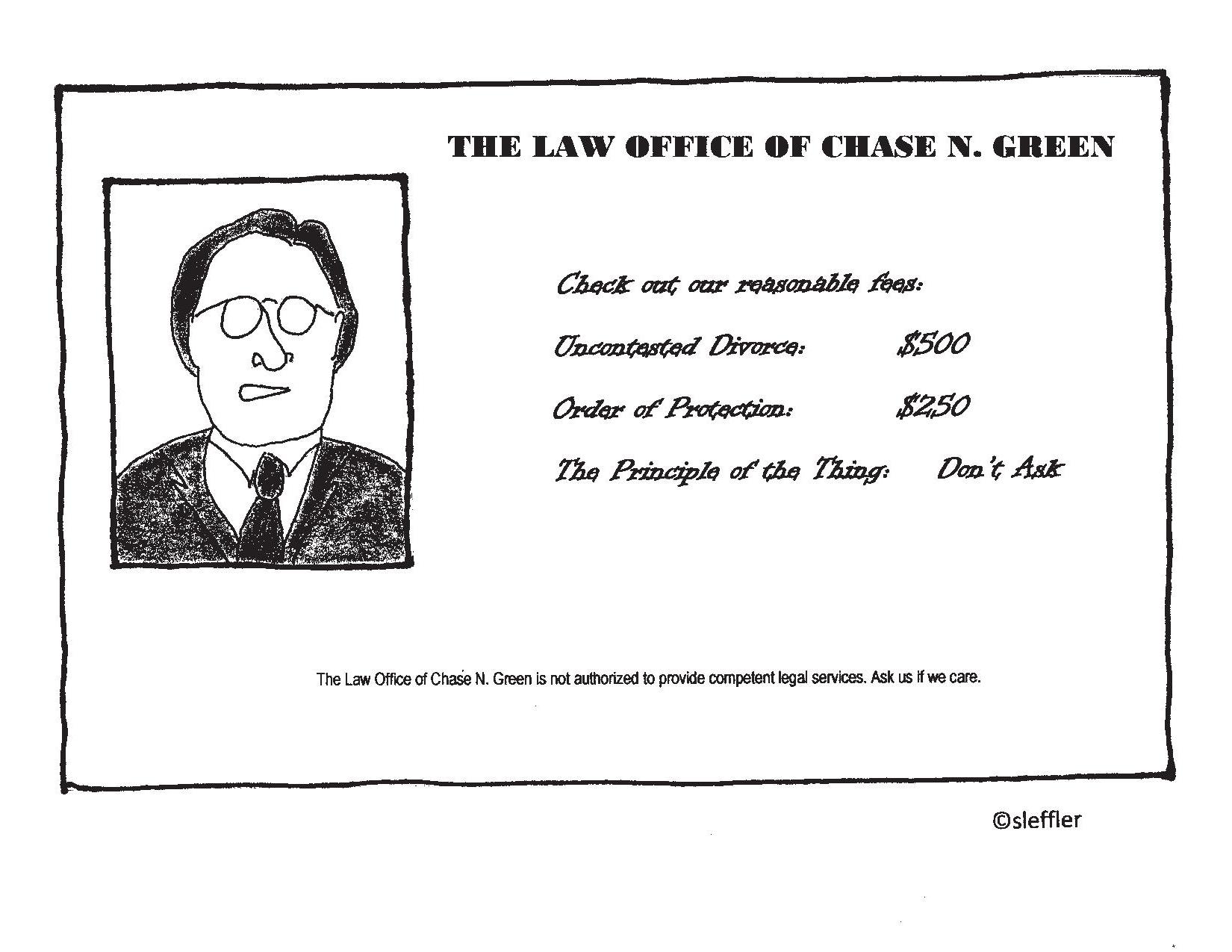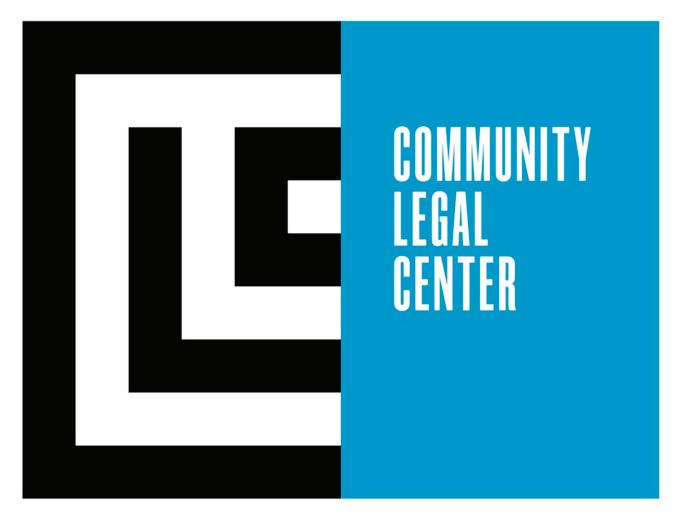COVID-19 Brings Renewed Attention to Supervised Practice Pending Admission By JODI L. WILSON
I
t’s that time of year again. Graduating law students are wrapping up their academic journeys and turning their attention to the last hurdle between them and a license to practice law: the bar exam. But this year, the situation is decidedly different. To say that COVID-19 has complicated matters does not quite do justice to the uncertainty recent graduates now face. At the time of this writing, 17 jurisdictions have canceled the July exam and announced a fall exam, 8 jurisdictions plan to offer a July exam and a fall exam, 4 jurisdictions have postponed the July exam to a date yet to be determined, and 27 states are still only planning an exam in July only, though some have advised they will reschedule for fall if necessary.1 The Tennessee Board of Law Examiners plans to administer a July exam as well as a fall exam.2 Of course, these plans are subject to change in response to the evolving situation. Moreover, applicants are not guaranteed a seat at the July exam. Due to restrictions on the size of gatherings and the need to ensure appropriate distance between applicants, the Tennessee Supreme Court approved a seating protocol that cut the number of available seats in half and established a priority system for allocating the available seats.3 With so much uncertainty, recent graduates and those who have hired or will hire them are understandably concerned about the delay in graduates’ ability to begin practicing law. Across the country, many have called for jurisdictions to adopt a diploma privilege or implement a rule that allows bar applicants to practice under the close supervision of a licensed attorney pending admission to the bar (a “Supervised Practice Rule”).4 Here, Tennessee is ahead of the curve. Tennessee has had a Supervised Practice Rule since 1975.5 Section 10.04 of Tennessee Supreme Court Rule 7 (titled “Supervised Practice Before Admission Pending Examination Score”) provides a valuable tool that allows bar applicants to begin providing legal services to clients after they apply 12
to take the bar but before they are admitted. Supervised practice under Section 10.04 benefits the applicant, the employer, and the client. Given the possibility that recent graduates will not be able to take the bar in July, Tennessee’s Supervised Practice Rule has taken on increased importance and visibility. This article summarizes the eligibility requirements, the scope of practice permitted, the supervisory obligations of the attorneys who agree to supervise the bar applicant under the rule, permissible compensation arrangements, and the steps necessary to register for supervised practice. Of course, you should read the rule carefully before engaging in supervised practice or agreeing to supervise a bar applicant under the rule.
Who is Eligible to Practice Before Admission and for How Long? Law school graduates who graduated from an ABAaccredited school or a Tennessee-approved law school are eligible for practice pending admission as long as they (i) have never been licensed to practice law in any United States jurisdiction; (ii) have submitted an application for admission by exam or by transferred UBE score; and (iii) work in Tennessee under the supervision of a licensed Tennessee lawyer who meets the requirements of the rule (the “Supervising Attorney”). Graduates meeting these requirements (“Bar Applicants”) are permitted to engage in supervised practice before taking the bar exam and after, while they await bar exam results and swearing in.6 Of course, this permission expires as soon as the Bar Applicant is admitted to practice in Tennessee or any other jurisdiction. For the unsuccessful Bar Applicant, the permission expires if the applicant fails to apply for re-examination within 10 days after notification of the bar results. Permission also expires if a show cause order is issued for the Bar Applicant. Ordinarily, supervised practice is limited to sixteen months from the Bar Applicant’s law school graduation.







